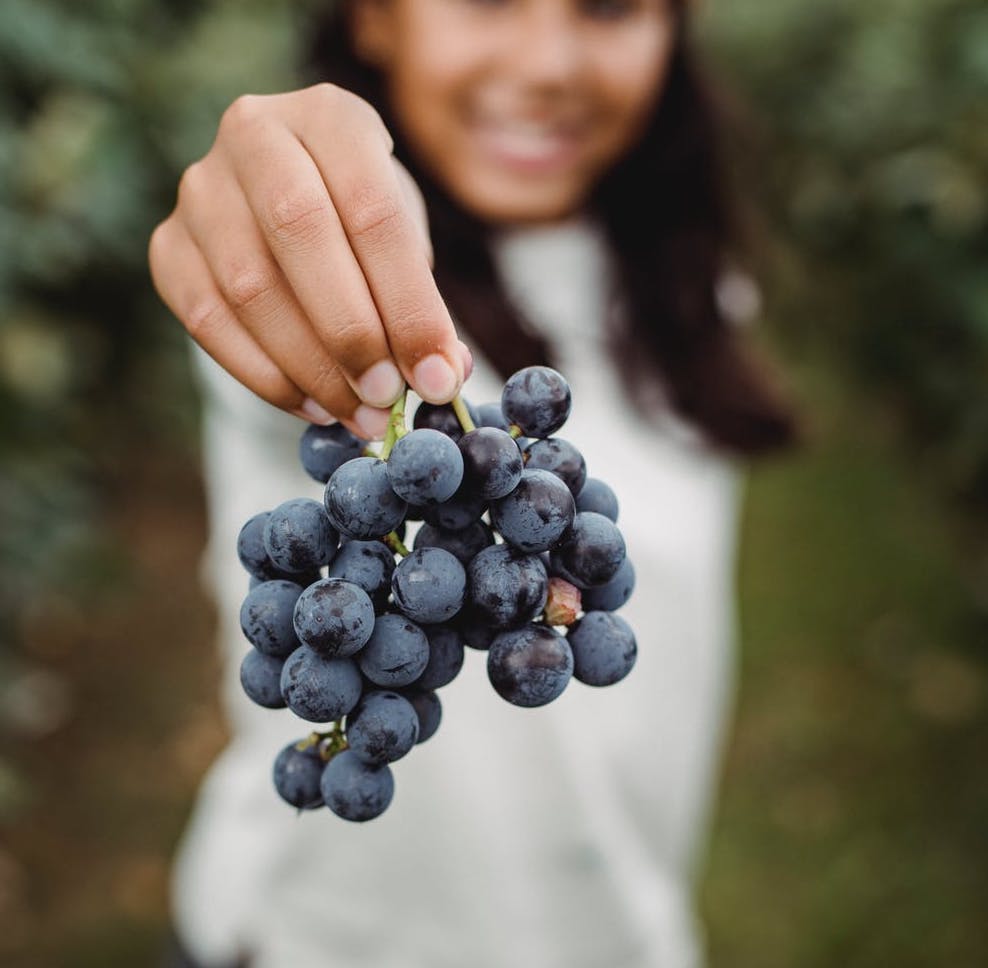Sorting it Out Between Organic Grapes vs. Organic Wines!

From the Drinking with the Juiceman Newsletter…Subscribe Here

What is Organic Wine?
I am frequently asked what it means when a wine is “organic.” Here’s a fundamental way to understand what it means. There is a difference between “organically grown” grapes and wines that are “organically made.” This is a huge distinction!
Organically Made
If you label a wine organic, it means the wine cannot have sulfites added to prolong its shelf life; they must be certified to contain no more than ten parts per million naturally occurring sulfites.
Made from Organic Grapes
If a wine comes from organic grapes, it must say, “made from organic grapes.” Wines made with organically grown grapes come from vineyards that follow the guidelines set by Organic Certifications, which can vary by country. They have no non-organic crop protection materials in them.
They can only contain organically approved materials for pesticides, insecticides, herbicides, and bactericides (some synthetic materials are allowed). This is good, in theory, because you are not affecting the grapes. It can be troublesome, though, because you are not protecting the grapes; you are letting whatever happens to the grapes naturally happen, good or bad. Grape juice has sugar. Sugar attracts bugs, disease, and all kinds of other things that can destroy the grape juice on its way to becoming wine. Adding sulfites provides the grape with a protective blanket of sorts that can keep those unwarranted influences away from the grapes.

So What Should I Drink?
In theory, wines made with organic grapes should be better wines because they are made with higher fruit quality. But it depends on who’s making the wine. In the right hands, it’s terrific. The word “organic” won’t save the wine in a lesser winemaker’s hands.
I learned this from my good friend, Robert Sinskey. He’s been making wine from organic grapes since the 1980s. When Sinskey looked first around at his soil in Napa Valley, it was dead. There were no birds, no worms; there was no ecosystem. Nothing was living in this soil, so how could the grapes live? Sinskey made the conversion to organic grapes and never looked back, but it’s his skilled winemaking that brings the quality of those grapes to fruition in the bottle.
Organic winemaking may sound sexy, but it requires stringent measures that may require the wine not to be made organically or labeled organic. Doing the minimal amount necessary to protect the grapes will still not meet the standards of being labeled “organic.”
So though a wine like Sinskey’s is made from organic grapes and not labeled organic, you will be getting a high-quality wine that has taken great care to grow the grapes organically and protect them with as minimal treatment as possible. This preserves their value and quality all the way to your glass.
Below are a few of the standard Organic icons you can look for on a bottle of wine in your journey to find Organically Farmed wines.




0 Comments